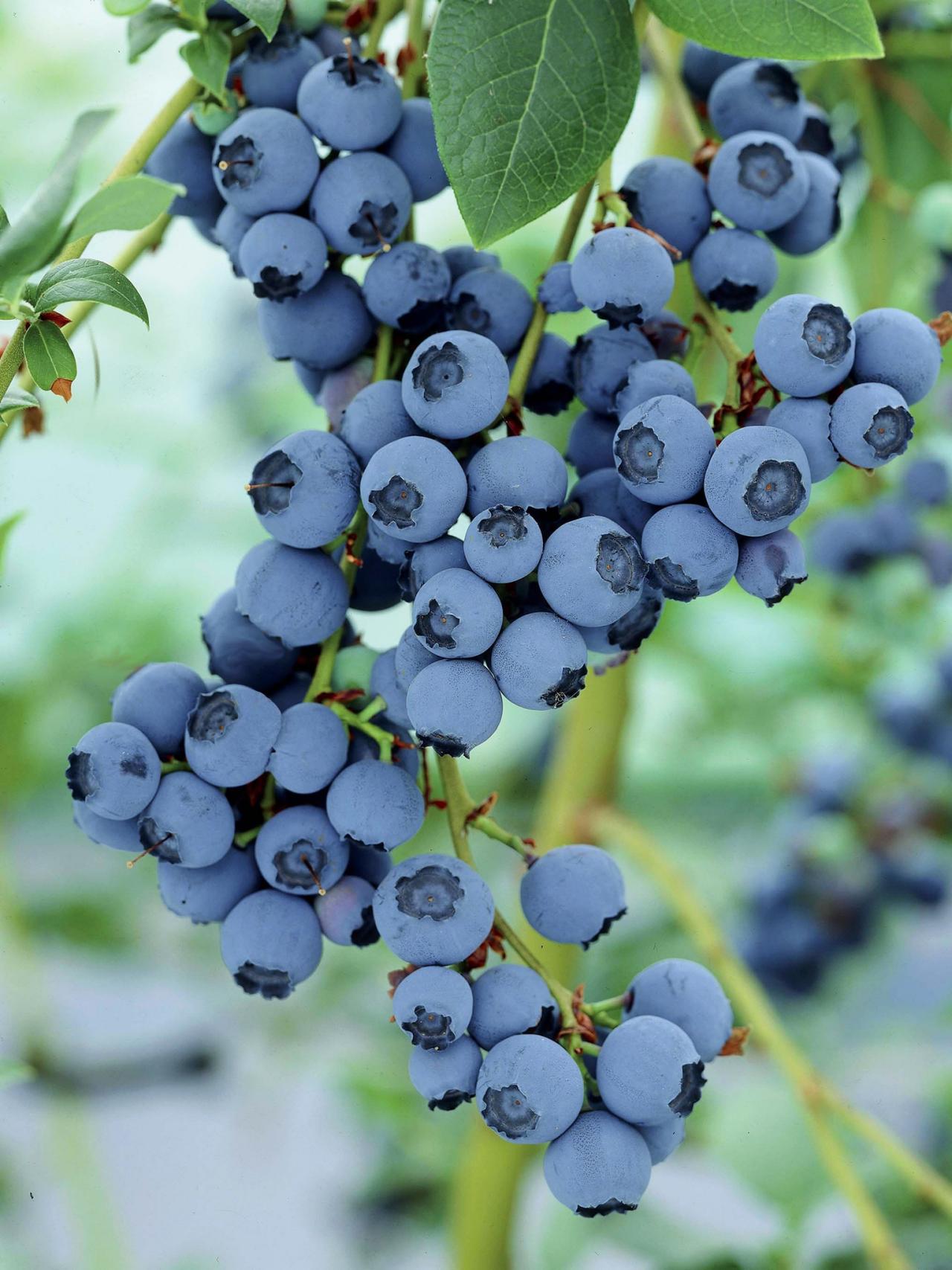Jimmy Moore remembered looking over his family blueberry farm in March, burning piles of debris in a vain attempt to save plants that suffered withering cold.

“I thought everything was lost,” he said. “I got about 10 hours of sleep that week watching over the plants.”
On Friday, Moore was back, feverishly making sure everything was ready for the first day of pick-your-own season, with row after row of blueberry bushes heavy with a surprising summer crop.
“I promise, this has been a strange season,” Moore said. “We went from looking really bad to having the earliest opening we’ve ever had here.”
It’s a story repeated across the southern Cape Fear region. Mid- and late-season blueberries have rallied from the brutal freeze earlier this year. Results vary widely from farm to farm, but Moore notes, “It’s a lot better than we thought it would be.”
Farmers didn’t fare as well in the northern region, where temperatures dipped into the teens for a few nights in March after an early warm spell. Some farmers opted to trim away the dead growth and focus on blackberries this year.
“Some areas were devastated,” said Bruce McLean, a Cooperative Extension agent in Bladen County. “The losses were severe with early season species.
“For farms that focus more on pick-your own summer species, they suffered some loss, but are looking better.”
Like most fruit grown in the Carolinas, blueberries have a variety of species. Some, generally called high berry types, blossom and ripen early. As such, they can get a jump on the market and have less risk of suffering summer drought.
However, when freezes come, as they did this year, the crop is often reduced.
Summer-season blueberries can avoid most freeze threats. If spring and early summer are tolerable, and there’s enough rain, they can expect a good crop.
And the Cape Fear region has seen plenty of rain lately. In fact, some ripening blueberries split because of too much water.
“The bushes keep absorbing water and moving it to the berries,” McLean said. “If there’s too much water, the berries can split. We haven’t seen too much of that, but it can be a problem.”
As long as the berries don’t suffer too much, they’ll still be good for pies and jams, Moore said.
Plenty of heat and moisture have pushed development of berries a couple of weeks ahead of schedule, he added.
“We’re seeing conditions we don’t usually see until the Fourth of July or so,” McLean said. “It’s just a little bit early this year.”
Which is why growers like Moore are scrambling, cleaning fields and preparing for customers this weekend. The gates on his Clinton Road berry patch will open at 7 a.m.
“We lost about half our crop,” he said. “But I know there are people who lost everything. There’s been an amazing amount of interest on Facebook since we announced that we’d be opening this weekend.
“There’s nothing like fresh, locally grown blueberries. They won’t be here long.”


